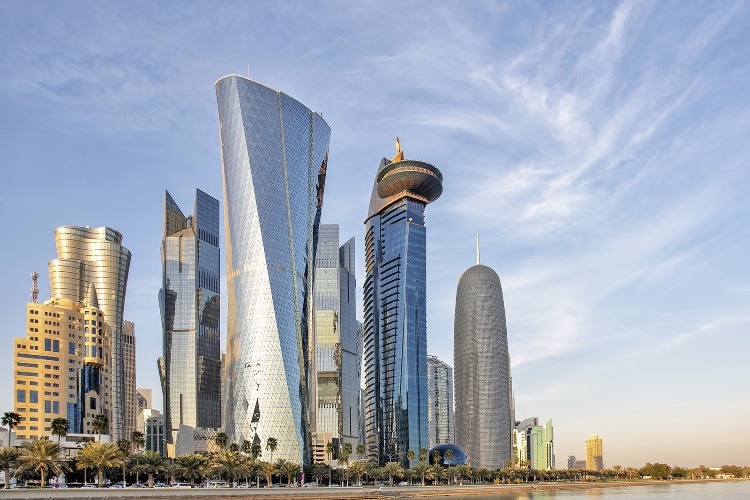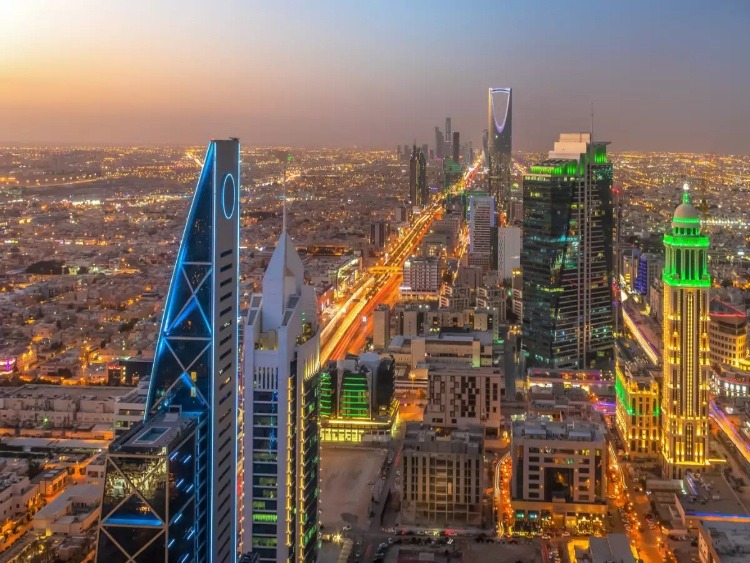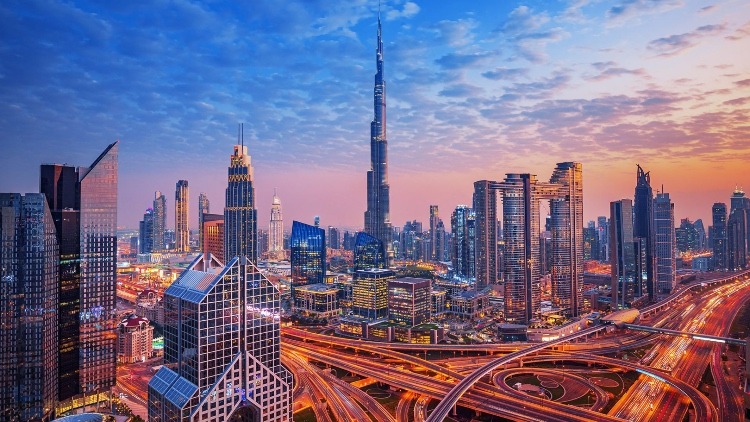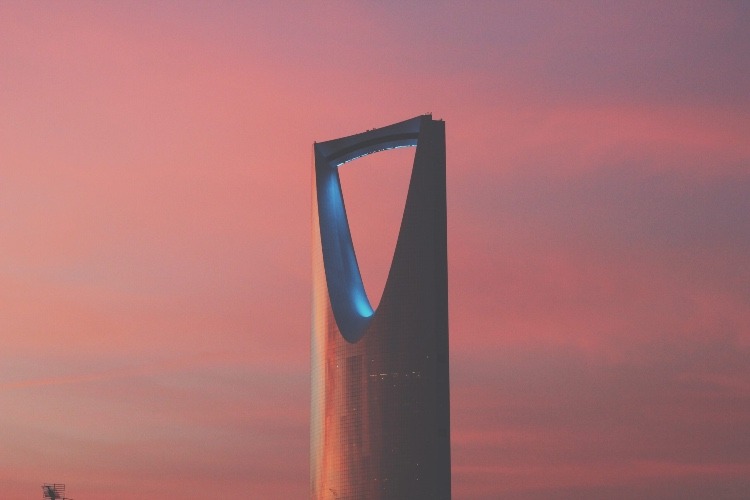The Middle East has five of the top 10 oil-producing countries and is responsible for producing around 27 percent of world production according to Investopedia. Although a large portion of the world’s oil is produced by state-owned firms, a large number of foreign oil corporations participate in Middle Eastern oil production and associated operations through joint ventures, production-sharing agreements, and other business models. But should the Middle East base its whole economy and depend solely on oil? There are a variety of viewpoints on this, but economic diversity has a track record of helping a nation’s economy grow.

In order for a nation to transition to a more diverse production and trade structure, economic diversification is deemed to be a crucial component of economic development as claimed by the WTO. Lack of economic diversification is frequently linked to heightened susceptibility to external shocks, which might jeopardize long-term economic growth prospects. Therefore, countries like Saudi Arabia and the UAE are both looking for new ventures to expand their economy and shift from oil and gas production to other sectors.
Saudi Arabia
Vision 2030 is a new initiative that Saudi Arabia unveiled back in 2016. The diversification of Saudi Arabia’s economy is one of the program’s main objectives. Mainly, the objective is to increase Saudi Arabia’s exports and revenue opportunities beyond oil and gas to include other essential sectors like transportation and entertainment as suggested by The Borgen Project. Because of the significant drop in oil prices caused by the ongoing pandemic, Saudi Arabia’s economic diversification has already shown to be advantageous. Travel has plummeted due to the pandemic, and Saudi Arabia’s oil supplies to China have also sharply declined. Additionally, the pandemic has reduced Saudi Arabia’s oil exports to the rest of the world.

According to Forbes, Saudi Arabia’s Crown Prince Mohammed bin Salman unveiled a list of “national objectives and priorities” for research and development, innovation, and entrepreneurship for the next 20 years. The plan covers topics including energy and industrial leadership, future economies, sustainable environments, and health. The objective, according to bin Salman, is to make the kingdom more globally competitive in the coming years and solidify its status as the region’s largest economy.
Artificial Intelligence (AI) development and integration into the planned megacity Neom are at the center of this revolution. Neom is currently under construction and aims to seamlessly incorporate robotics and AI into every area of residents’ life in order to create income from important future economic sectors.
UAE
According to The National News, Sheikh Khalifa achieved a number of significant milestones, including diversifying the economy of the United Arab Emirates (UAE) to boost non-oil revenue and transforming it into a regional and global financial and tourism hub with best-in-class infrastructure and transportation networks. Additionally, sports are a major part of life in the UAE because they are an important factor in tourism, lifestyle, public health, and, ultimately, a city’s reputation on the global stage.

Based on a Deloitte study, Dubai organizes a variety of sporting events, from international tournaments of the highest level to numerous smaller competitions that promote involvement at the grassroots level. The greatest individual attendance was over 100,000 at the Emirates Airline Dubai rugby sevens over three days, which draws an estimated 1 million spectators annually. With over 80,000 people each year, the Dubai World Cup has the highest attendance of any sporting event on a single day.
The expansion and diversification of Dubai’s economy are heavily reliant on the travel industry. In this context, sports tourism is essential as well. However, inbound tourists also travel for other reasons, including going to sporting attractions, sporting events, sporting conferences, and sporting exhibits. For example, Dubai’s golf stakeholders have promoted the emirate as one of the top tourist destinations for golfers worldwide. Water sports and, increasingly, extreme sports are other sports that are well-liked by tourists.
With emerging markets and sectors and the incorporation of cutting-edge technology and research, Saudi Arabia and the UAE are paving the way for new prospects in the region and separating themselves from complete reliance on oil and gas production.



